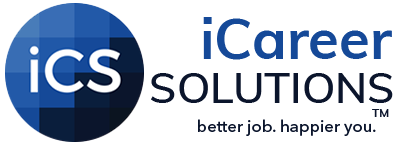How Long Does It Take To Find A New Job?
Job searching can often feel like a journey filled with uncertainty. The burning question for many is, “How long will it take to find a new job?” The answer, however, is not straightforward and depends on numerous factors.
In this article, we delve into the elements that shape the job search timeframe and offer useful advice to help you secure your next position more effectively.
Whether you’re just starting a new job or looking for a change, this guide is here to help you understand and navigate the complexities of the job market. So, let’s dive in and set the stage for your successful job search journey.
Want to save time?
Let us help you land your next executive position by crafting the best resume/LinkedIn profile or by managing your entire job search. Here’s more information about our Executive Resume Writing Services and Reverse Recruitment Service. Book a call today to speak directly with our CEO and Founder, Arno Markus!
Industry Stats: According to the U.S. Bureau of Labor Statistics (BLS), the employment of top executives is projected to grow 6% from 2021 to 2031, which is about as fast as the average for all occupations.
Factors Influencing Job Search Duration
The duration of a job search can be influenced by a multitude of factors, each playing a distinct role in how quickly an individual can secure a new job. Understanding these factors is key to managing expectations and tailoring one’s job search strategy effectively.
The U.S. Department of Labor doesn’t provide a single, definitive figure for the average length of a job search. The duration can vary significantly depending on factors such as industry, location, level of experience, and economic conditions.
However, various surveys and studies have suggested that the average job search typically lasts between three to six months. This timeframe can be shorter for individuals with in-demand skills or those in industries experiencing high demand, while it may be longer for those in more competitive fields or during economic downturns. This is also impacted by the seniority level of the position sought, with the DOL suggesting an extra month per seniority move.
The duration of a job search is further influenced by the seniority level of the position being pursued, as indicated by the Department of Labor (DOL), which recommends adding an additional month for each step up in seniority.
While there is no fixed timeframe, it’s not uncommon for senior executives to experience job searches lasting six months to a year or even longer. These individuals typically undergo a more rigorous selection process, including multiple rounds of interviews, assessments, and negotiations, which can contribute to a longer timeframe.
Additionally, networking and building relationships with key industry players often play a crucial role in securing senior executive positions, and this process may take time to cultivate. Overall, while there is variability, senior executives in the tech industry should expect their job search to potentially span several months to secure the right opportunity.
For the most current and accurate information, I recommend checking the U.S. Department of Labor’s website or referring to recent labor market reports and studies conducted by reputable organizations.
Industry Trends
The job market is dynamic, and the demand for professionals varies greatly across different industries. This variation is influenced by several factors, including:
- Variability Across Industries: The duration of a job search can significantly vary across different industries. For instance, tech sectors like IT and software development often have a faster hiring process due to high demand for skilled professionals. On the other hand, more traditional fields like manufacturing or education might have longer waiting periods due to different hiring cycles or budget constraints.
- Impact of Current Market Trends: Current market trends play a crucial role in job availability within various industries. Sectors like renewable energy or digital marketing are seeing a surge in job openings as they align with contemporary market needs and consumer trends.
- Data-Driven Insights: Recent studies and labor market statistics offer valuable insights into job availability. For example, a report from the Bureau of Labor Statistics may show a steady increase in healthcare jobs, reflecting the industry’s resilience and growth. On the other hand, industries like retail or hospitality might exhibit slower growth or even a decline, impacting job search timelines for professionals in these fields.
Experience Level
- Entry-Level Positions: For those just entering the workforce, the job search can be quite varied in duration. Entry-level positions, while often more plentiful, can be highly competitive due to the number of recent graduates and newcomers to the industry. However, sectors with high demand for fresh talent, like tech startups or digital media, may offer quicker hiring timelines.
- Mid-Level Professionals: Individuals with a few years of experience often find their job search duration to be influenced by the need to match specific skill sets with the right opportunities. Mid-level professionals are typically looking for roles that offer advancement and learning opportunities, which can narrow their options and potentially extend the job search process.
- Senior-Level Executives: For senior-level professionals, the job search can be lengthier. These roles are fewer and often require a more extensive vetting process, including multiple interview rounds and possibly negotiations involving compensation packages. The emphasis on finding the right fit for high-stakes positions can extend the duration of the job search significantly.
Location
- Urban vs. Rural Job Markets: The geographical location can also affect job search duration. Urban areas, with their concentration of businesses and industries, often offer more opportunities and potentially shorter job search times. In contrast, rural areas may have fewer available positions in certain sectors, leading to a longer search period.
- Domestic vs. International Job Searches: For those considering a job in a different country, the duration can be longer due to factors like work visa requirements, cultural differences in hiring practices, and the challenge of remote interviewing. Additionally, international job seekers might face a more extensive background verification process and potential language barriers, all contributing to a prolonged job search.
Economic Conditions
- Influence of Economic Cycles: The broader economic environment plays a pivotal role in job search durations. During periods of economic growth, companies are more likely to expand and hire, leading to a plethora of job opportunities and potentially shorter job search times. Conversely, during a recession, hiring often slows down as businesses focus on cost-cutting measures, resulting in longer job searches for many candidates.
- Impact of Global Events: Global events, such as a pandemic, can have a significant and sometimes immediate impact on job markets. For example, the COVID-19 pandemic led to an unprecedented shift in the job market, with certain industries like travel and hospitality experiencing severe downturns, while sectors like e-commerce and remote work technology saw a surge in demand. These shifts can drastically alter job search timelines, with some sectors bouncing back quicker than others.
- Adapting to Economic Fluctuations: Job seekers need to be aware of these economic conditions and adapt their job search strategies accordingly. During tougher economic times, it might be beneficial to broaden the scope of the job search, consider transitional roles, or focus on industries that are more resilient to economic downturns.
- Leveraging Economic Growth: In contrast, during periods of economic growth, job seekers might find more opportunities in their desired field and potentially negotiate better terms. Staying informed about current economic trends and forecasts can be crucial in planning an effective job search strategy that aligns with the economic climate.
Reverse Recruitment
Reverse Recruitment can potentially save time in the job search process. By proactively reaching out to employers or recruiters who have positions that align with your skills and interests, you can bypass the lengthy process of searching through job listings, tailoring resumes and cover letters for specific positions, and waiting for responses to applications.
Instead, you can directly engage with decision-makers and showcase your qualifications and enthusiasm for the role, which may lead to quicker responses and even job offers.
Additionally, Reverse Recruitment allows you to target specific companies or industries that you are particularly interested in, rather than relying solely on available job postings. This focused approach can help streamline your job search efforts and increase the likelihood of finding a position that is a good fit for your career goals.
Overall, while Reverse Recruitment requires proactive effort and networking skills, it can be an effective strategy for saving time and securing job opportunities.
Personal Factors in Your Job Hunt
Your job search is a personal journey, shaped by a unique blend of skills, experiences, and circumstances. Understanding how these elements influence your job search can significantly enhance your approach, making your efforts more targeted and effective.
Assessing Skills and Qualifications
Your unique combination of skills and qualifications plays a pivotal role in your job search journey. It’s important to remember that every skill you possess, whether acquired through formal education, work experience, or personal projects, adds value to your profile.
- Identifying Your Strengths: Begin by taking stock of your skills. Are you a whiz at coding? Do you excel in creative problem-solving? Maybe your strength lies in exceptional communication or leadership. Recognizing these skills is the first step in understanding how they align with potential job opportunities.
- Matching Skills to Job Requirements: Once you’ve identified your strengths, compare them with the requirements of the jobs you’re interested in. For instance, if a job in digital marketing interests you, assess how your skills in analytics, content creation, or social media management align with the role.
- Bridging Skill Gaps: If you find gaps between your skills and those required for your desired job, don’t be disheartened. This is an opportunity for growth. Consider online courses, workshops, or even volunteering to acquire and hone the necessary skills. Remember, every step you take to bridge these gaps brings you closer to your ideal job.
- Highlighting Transferable Skills: Don’t overlook your transferable skills. These are skills that are valuable in many different jobs, like time management, teamwork, and adaptability. Highlighting these in your applications can significantly boost your appeal to potential employers.
- Soft Skills Matter: Alongside technical proficiencies, soft skills like communication, problem-solving, and adaptability are increasingly important. Employers look for candidates who can effectively collaborate, lead teams, and adapt to changing environments. These competencies can often be the deciding factor in the hiring process.
The Power of Networking
Networking isn’t just about collecting contacts; it’s about building meaningful relationships that can open doors to new opportunities. Embracing networking can significantly enhance your job search in ways you might not have imagined.
- Start with Who You Know: Begin by reaching out to your existing network – friends, family, former colleagues, or classmates. A quick chat or a catch-up coffee can sometimes lead to unexpected opportunities. Remember, it’s not always about immediate job leads; sometimes, it’s about gathering insights or advice that can steer you in the right direction.
- Attend Industry Events: Whether virtual or in-person, industry events are goldmines for networking. These gatherings are filled with like-minded professionals and potential mentors who can offer valuable insights and connections. Don’t hesitate to introduce yourself and engage in discussions.
- Networking is a Two-Way Street: Always think about how you can add value to your connections. Offer help, share resources, or provide feedback. Networking is most effective when it’s mutually beneficial.
Personal Circumstances
Every job seeker’s journey is unique, and personal constraints are a reality for many. Whether it’s family commitments, health issues, or geographical limitations, these factors can add complexity to your job search.
- Be Honest with Yourself: Acknowledge your constraints and consider how they might affect your job search. This self-awareness will help you focus on opportunities that are realistically achievable and fulfilling.
- Seek Flexible Opportunities: Many employers today offer flexible work arrangements, such as remote work, part-time schedules, or freelance projects. Look for roles that can accommodate your personal needs.
- Communicate Clearly in Interviews: If necessary, communicate your constraints in job interviews in a positive way. Focus on what you can offer and how you manage your responsibilities effectively, rather than on the limitations themselves.
- Utilize Support Networks: Don’t hesitate to lean on support networks, whether it’s family, friends, or community resources. Sometimes, a little support can make a big difference in managing personal constraints.
Effective Job Search Strategies
In the quest to find a new job, employing the right strategies can make all the difference. Let’s explore how to optimize your job search, making the process more efficient and aligned with your career goals.
Resume and Cover Letter Optimization
Your resume and cover letter are your first points of contact with potential employers. Tailoring these documents to each application can significantly improve your chances of standing out in the competitive job market.
- Tailoring Your Resume for Each Role: Create a unique version of your resume for each job application. Start by carefully analyzing the job description and identifying key skills and experience required. Then, adjust your resume to highlight your most relevant accomplishments and skills that match these requirements.
- Quantifying Achievements and Impact: Make your accomplishments stand out by quantifying them. For instance, if you increased sales, specify by what percentage. If you managed projects, mention the budget size or team size. This approach not only conveys your achievements but also provides a measurable impact of your work.
- Crafting a Compelling Cover Letter: Use your cover letter to narrate your career story and explain why you are passionate about the role and the company. It’s your opportunity to make a personal connection with the hiring manager, showcasing how your unique experiences and skills make you an ideal fit for the position.
Making the Most of Digital Platforms
- Optimizing Your LinkedIn Profile: A comprehensive LinkedIn profile acts like a dynamic resume. Make sure it includes a professional profile picture, a compelling summary, detailed work experiences with key achievements, and endorsements. Regularly sharing industry-related content and engaging with others’ posts can increase your visibility.
- Navigating Job Search Engines and Boards: Beyond LinkedIn, familiarize yourself with job search engines like Indeed, Monster, or specialized boards relevant to your industry.
- Customize your job search parameters to receive alerts for roles that fit your skills and preferences.
- Regularly update your profile and resume on these platforms to remain visible to recruiters.
- Use advanced search filters to narrow down results based on job type, location, salary, and company size to find opportunities that match your criteria.
- Set up job alerts to receive notifications for new job postings that match your preferences.
- Creating a Professional Online Presence: In certain fields, having an online portfolio or a personal website can offer a substantial edge. These online resources provide a more comprehensive insight into your skills and capabilities. For example:
- Designers can benefit from platforms like Behance.
- Developers can showcase their work on GitHub.
- Writers and marketers can enhance their profiles through personal blogs.
Professional Development
- Conducting a Skill Gap Analysis: Review job listings you are interested in and note the recurring skills and qualifications mentioned. Compare these against your current skill set to identify areas for improvement.
- Enrolling in Relevant Courses and Certifications: Look for courses and certifications that can fill these gaps. Websites like Coursera, edX, or industry-specific training programs offer courses that can be added to your resume and LinkedIn profile upon completion.
- Leveraging Networking for Professional Growth: Attend industry conferences, workshops, and networking events (virtual or in-person) to keep abreast of the latest trends in your field. These events are also great opportunities to meet industry professionals and learn about potential job openings or gather career advice.
Conclusion
In summary, the duration of a job search can vary greatly depending on factors like industry trends, experience level, location, economic conditions, and personal circumstances. We’ve emphasized the importance of tailoring your resume and cover letter, maximizing digital platforms for job hunting, and the value of continuous professional development.
As a final piece of advice, remain adaptable and proactive in your job search journey. Every job search is unique, so stay informed, leverage your network, and keep a positive mindset. Your next opportunity is not just about landing a job but finding a role that aligns with your skills and career aspirations.
Top of Form
About iCareerSolutions
iCareerSolutions, America’s #1 Executive and Professional Resume Writing Services, Reverse Recruitment, and LinkedIn Profile Development Company. 28X award-winning resume writers deliver professional resumes that get interviews. We have successfully landed our executive clients senior-level leadership positions at companies like Apple, Amazon, EA, Oracle, GM, Google, Facebook, DoJ, Gap, and 2U just to name a few. iCareerSolutions has 200+ 5-star reviews and offers a 60-day interview guarantee. Every resume template created is Applicant Tracking Systems (ATS) compatible and highly customized to meet your unique needs.
Active Members of The National Resume Writers’ Association (NRWA) │ The Professional Association of Resume Writers & Career Coaches (PARW&CC) │ Career Directors International (CDI) │ Career Professionals (CPC) │ Forbes Coaches Council
One of the Top Multi-Award-Winning Resume Writing Services in the country.
Book a complimentary consultation for your Professionally Managed Job Search now!


Employers who have Onboarded Our Clients











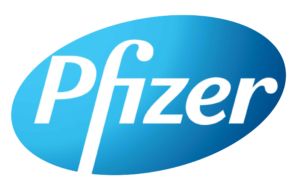

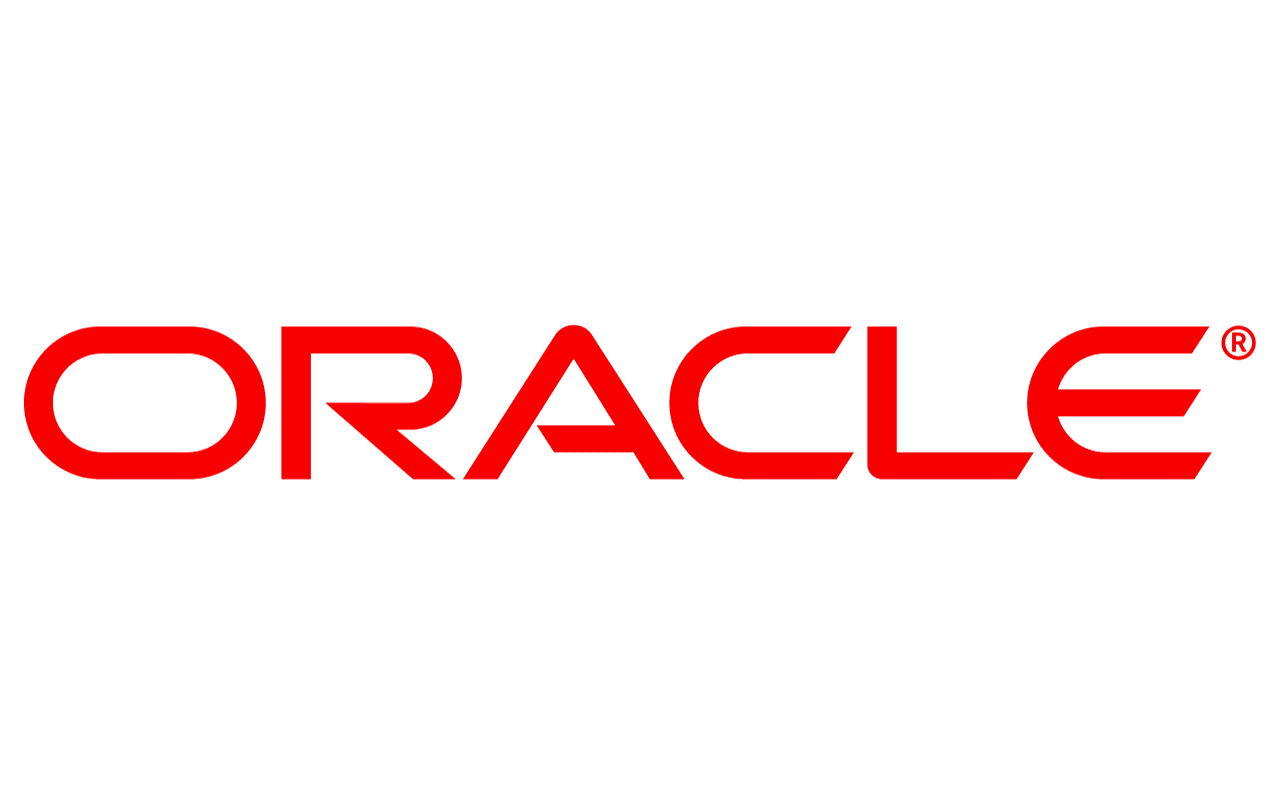





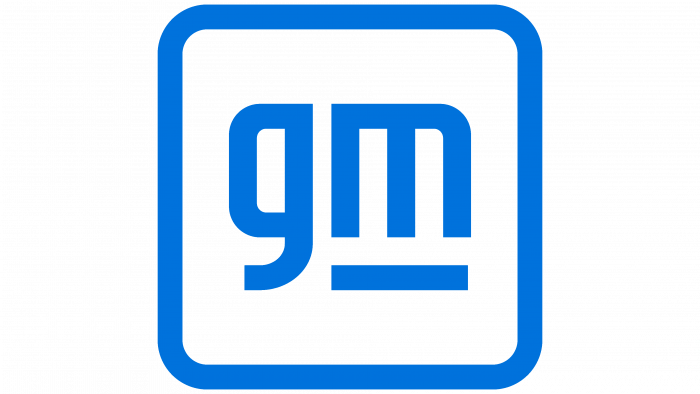




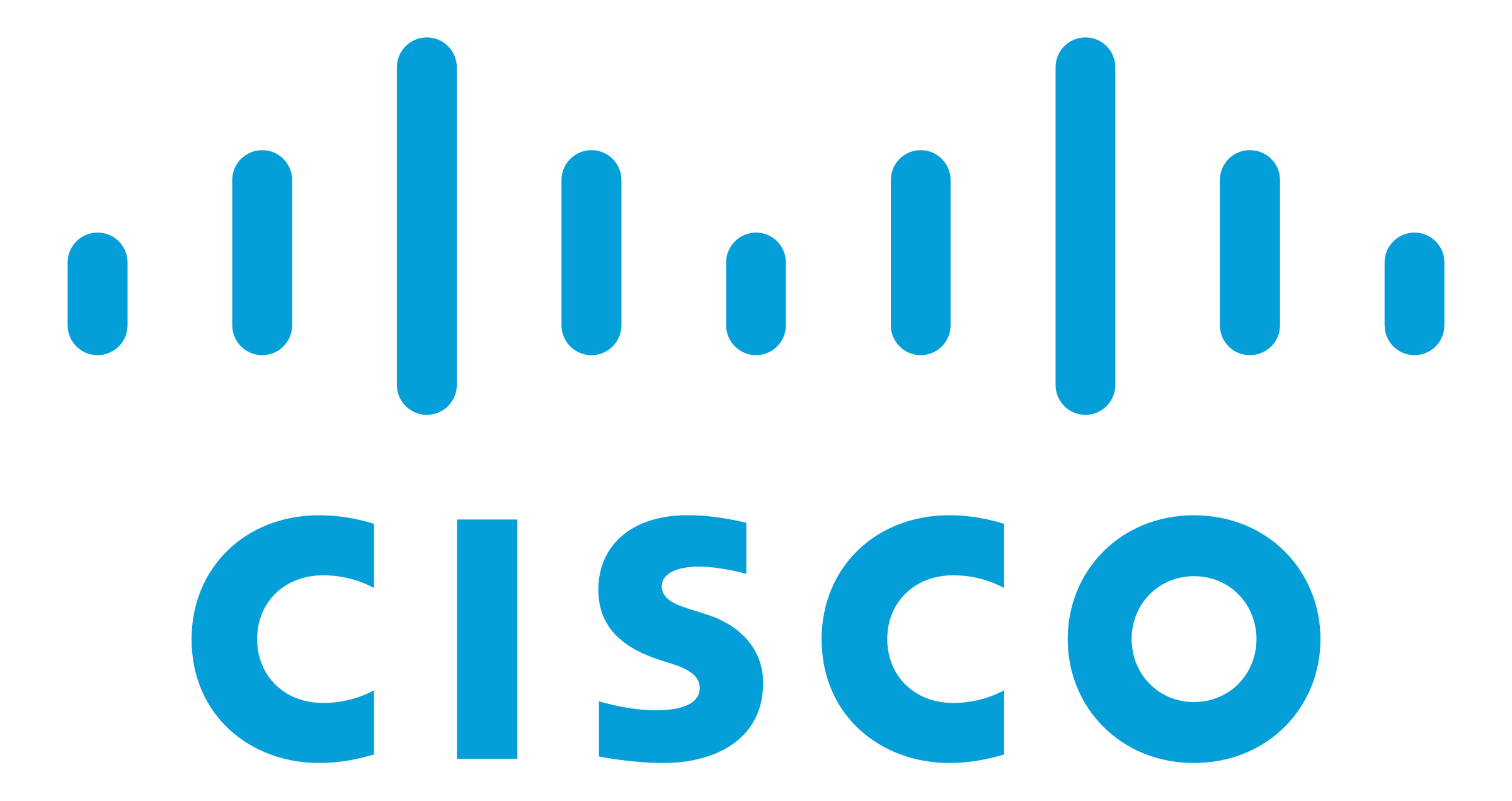

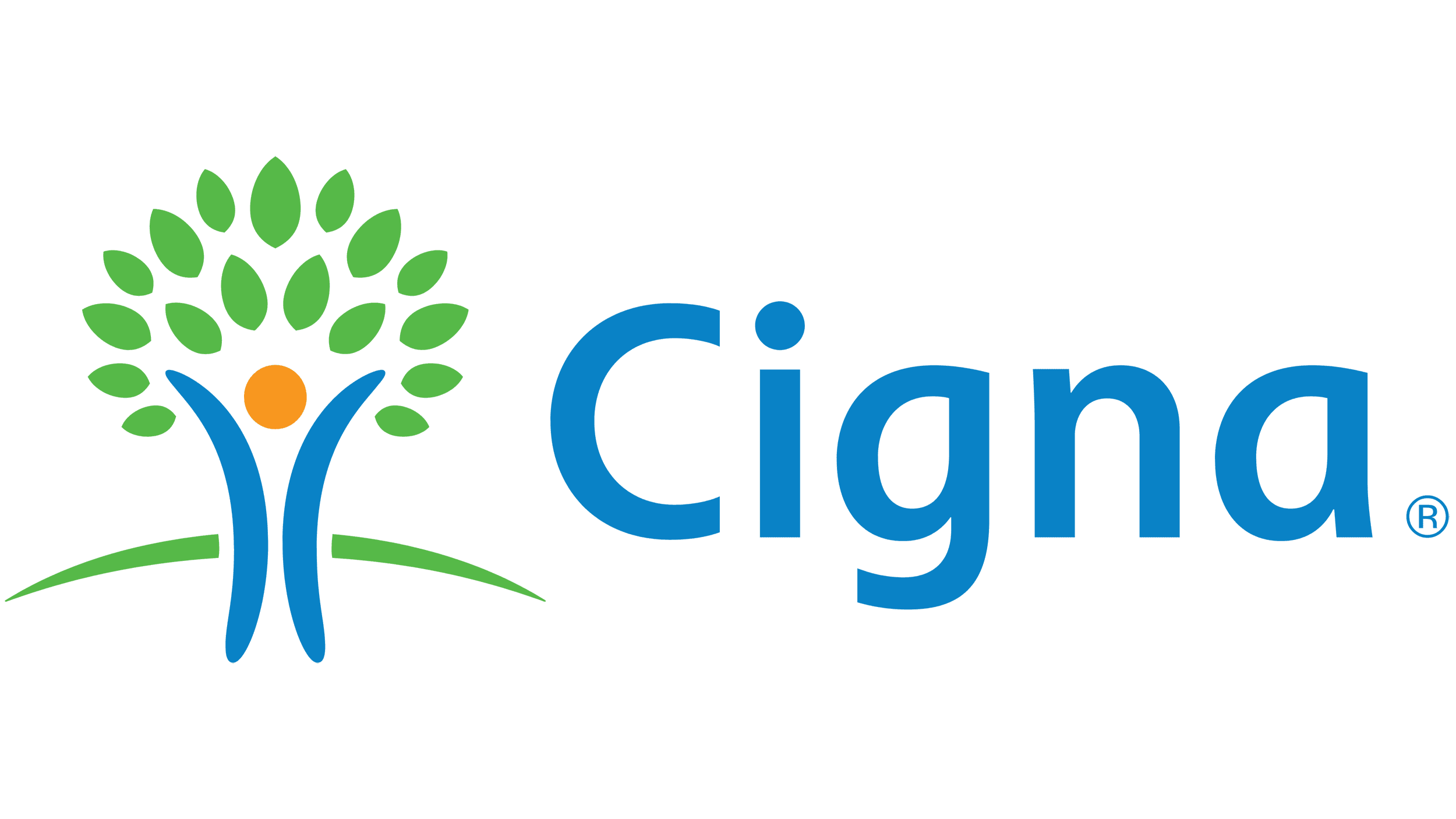
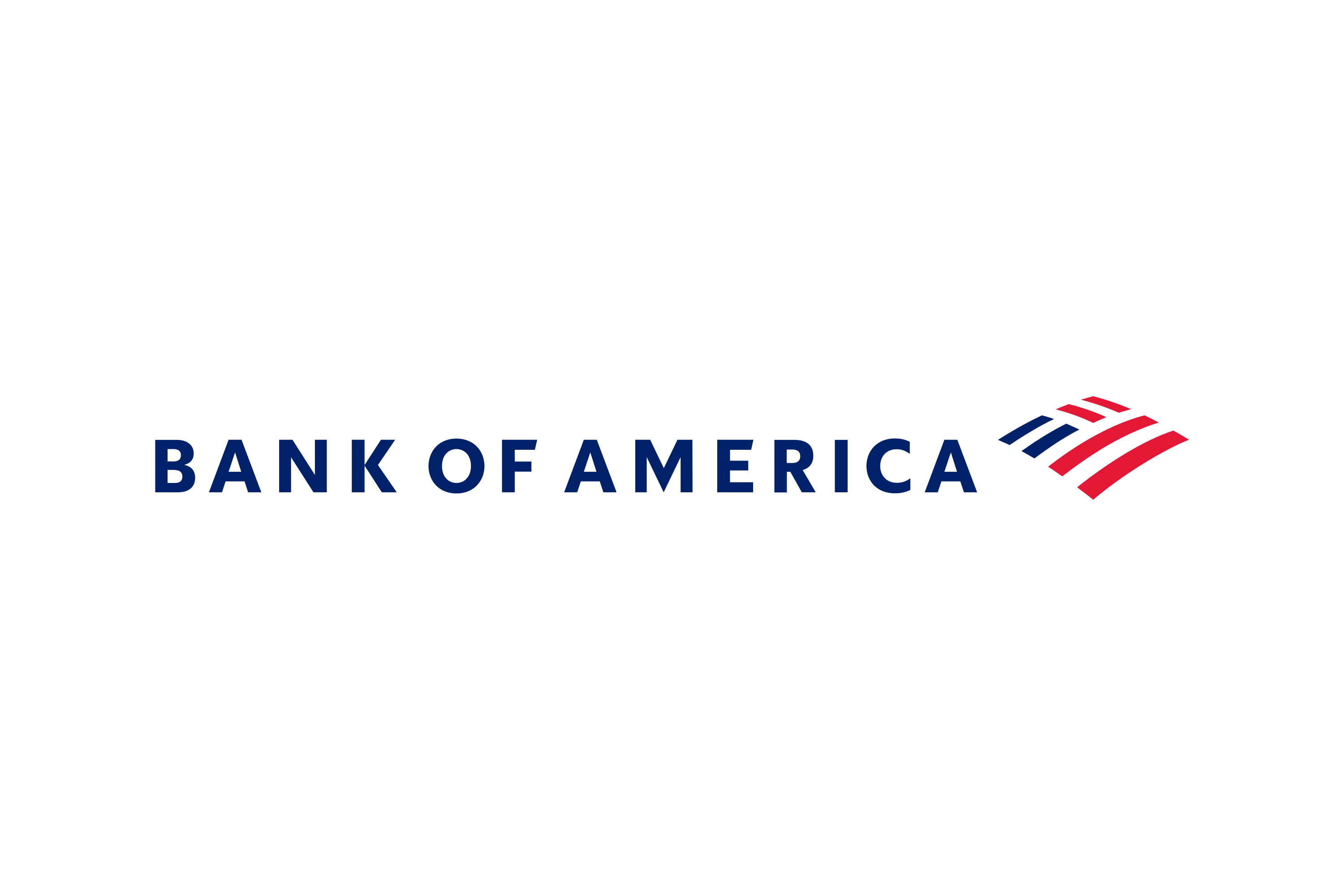



As companies embark on their new year resolutions for recruitment, a critical aspect of their strategy involves measuring success and being agile in making necessary adjustments. This approach is key to achieving the desired outcomes in their evolving recruitment plans.
- Tracking New Metrics
In addition to traditional metrics like time-to-hire and cost-per-hire, incorporating new metrics can provide a more comprehensive view of the recruitment process’s effectiveness. Such as
- Measures how effectively your job postings and recruitment marketing strategies engage potential candidates.
- Evaluates the performance and retention rate of new hires, indicating the effectiveness of the recruitment and selection process.
- Assesses candidates’ likelihood to recommend your company as a place to work, providing insights into the overall candidate experience.
Regular analysis of these metrics, using data visualization tools, will provide deeper insights into the strengths and weaknesses of current recruitment strategies. Companies are setting resolutions to regularly review and benchmark these metrics against industry standards as part of their year-long recruitment planning.
- Agile Recruitment Strategies
The recruitment landscape is dynamic, and strategies must be flexible and adaptable to respond to changing market conditions and data insights. Just as a job seeker must adapt their search strategy based on market feedback, recruitment strategies should be agile, allowing for quick pivots based on performance data and market trends.
If certain sourcing channels are not yielding the desired quality of candidates, consider exploring alternative platforms or revising your job advertisements.
